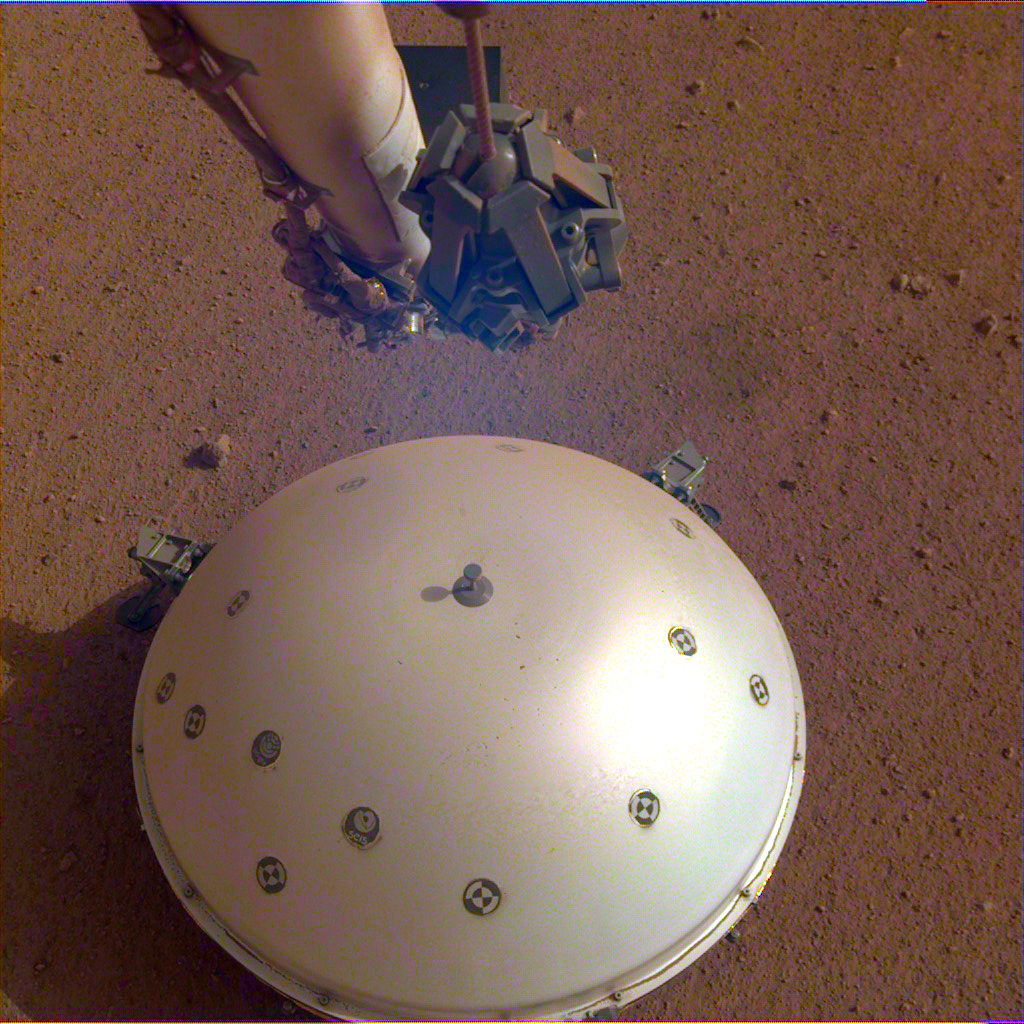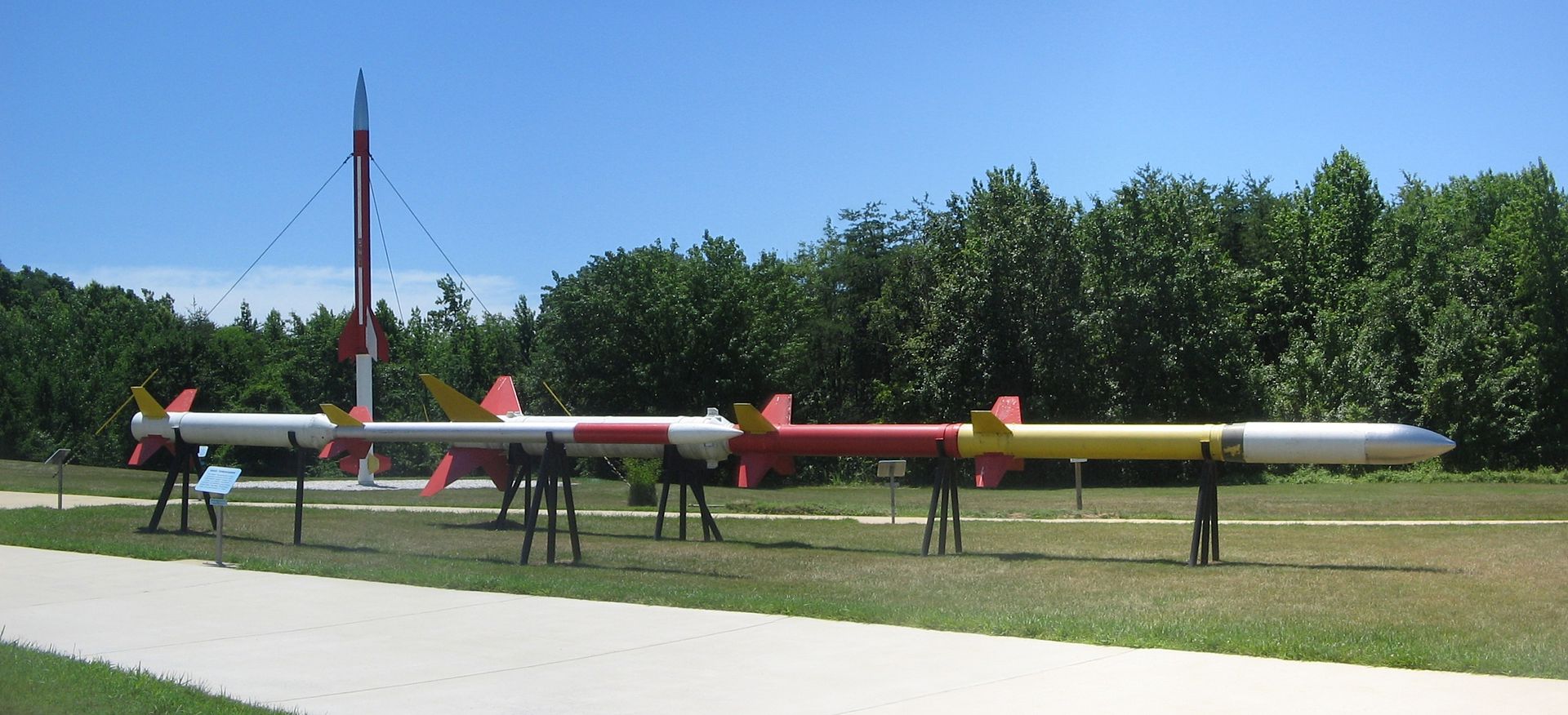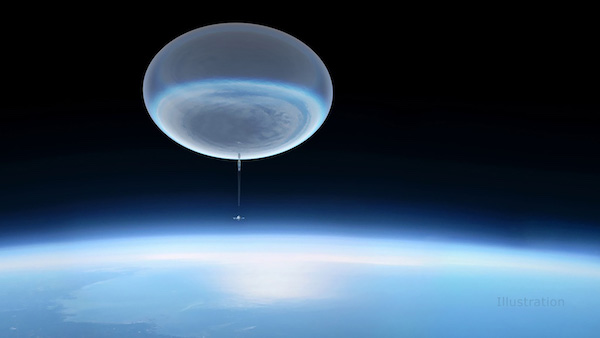Mars is cold and dead today, but the massive volcanoes tell us what the planet used to be like, millions and even billions of years ago. But how volcanically active is the planet today? That’s what NASA’s Mars InSight lander is there to figure out.



Fraser Cain
Universe Today

Dr. Pamela Gay
CosmoQuest

Mars is cold and dead today, but the massive volcanoes tell us what the planet used to be like, millions and even billions of years ago. But how volcanically active is the planet today? That’s what NASA’s Mars InSight lander is there to figure out.

Have you ever wanted to be a time traveler? Good news! You’re time traveling right now. Into the future at one second per second. Too long? Don’t want to wait? Good news, Einstein’s got you covered. Today, let’s talk about the weird world of time dilation.

Last week we talked about balloon-based astronomy. This week we’re going to talk about putting balloons on rockets and making observations mid-flight. Welcome to the world of sounding rockets.

When you think about the world’s observatories, I’m sure you’re imagining huge telescopes perched atop mountain peaks, or space telescopes like Hubble. But you might be surprised to learn that some telescopes are carried high into the atmosphere on board balloons. What can they accomplish?
Recent Episodes
Astronomers are always trying to get their hands on bigger and more powerful telescopes. But the most powerful telescopes in the Universe are completely natural, and the size of a galaxy cluster. When you use the gravity of a galaxy as a lens, you can peer right back...
Gamma ray bursts are the most powerful explosions in the Universe, releasing more energy in a few seconds than our Sun will put out in its lifetime. It's only been in the last few years that astronomers are finally starting to unravel the cataclysmic events that cause...
We know there's matter, and we know there's anti-matter. If there's dark matter, is there an anti-dark matter? How come gravity can escape from a black hole? Do black holes capture dark matter? Can a moon have a moon? Can a planet have two stars? If you've had any of...
What a week! Astronomers announced the discovery of an Earth-sized planet orbiting the nearby star Gliese 581. We talk about the technique used to discover the planet, the possibilities of finding even smaller planets, and what the future holds for finding another...
Buying your first telescope can be a nerve-wracking experience filled with buyer's remorse. This week we discuss the basics of purchasing your first binoculars and telescope. What to look for, how to clean older equipment, and how to use it for the first time. Let's...
Trillions of neutrinos are produced in our Sun through its nuclear reactions. These particles stream out at nearly the speed of light, and pass right through any matter they encounter. In fact, there are billions of them passing through your body right now. Learn how...
We get questions every week about string theory and topics popularized by science fiction. Here's the problem. There's just no evidence. Each of these is based on wonderful and well-formed mathematical equations, or wishful thinking, but they're very hard (if not...
It's Spring in the Northern Hemisphere, and that means the Sun is back. But it's more than just a free heat lamp for your garden, it's an incredible, dynamic nuclear reaction complete with flares, coronal mass ejections, twisting magnetic fields and the solar wind....
This week we're talking about asteroids. And not just any asteroids, but Near Earth Objects. How do astronomers find these things, why are they buzzing around the Earth, what are the chances we'll actually get hit, and what would happen if we did get hit? How could we...
Come on, admit it, you've had this question. If the Universe is expanding from the Big Bang, what is it expanding into? What's outside the Universe? Ask any astronomer and you'll get an unsatisfying answer. We give you the same unsatisfying answer, but really explain...
The questions are piling up, so it's time to get through them. We've got a great collection this week. How can our eyes collect so many photons? What's the speed of gravity? Shouldn't the light from the cosmic microwave background radiation passed us by? Episode 27:...
This week we continue the story of galaxy formation, learning how groups of galaxies come together to form the biggest structures around - galaxy superclusters. And when you look at the Universe at this scale, environment is everything. Episode 26: The Largest...
Our Milky Way is a complex and majestic barred spiral galaxy. But 13.7 billion years ago it began, like all galaxies, from the elementary particles formed in the Big Bang. How did our galaxy grow from nothing to the hundreds of billions of stars we see today? Episode...
We live in a mind bogglingly big Universe filled with countless stars. We know intelligent life evolved here on Earth. It must be common across the Universe, right? But if there's life out there, how come we haven't been visited by aliens yet? Why haven't we even...
If you're wondering how many extraterrestrials there are in our galaxy, you just have to use a simple equation developed by astronomer Frank Drake in 1961. Just find out how many stars there are, how many support life, how many advanced societies form, and a few other...
Our Sun has been around for billions of years, and will last for billions more. We're lucky, it's pretty stable and regular as stars go, only changing in brightness a little now and then. But there are stars out there that change dramatically; astronomers call them...
Our episode on black holes generated many many questions from listeners. We dip into this bottomless pool of questions and start dealing with them. Are really big black holes like the Big Bang? How can black holes evaporate? What would it look like to stand on a black...
It's astronomical society get together time, and we send Pamela to investigate and record. Hear the latest news that will make your text books out of date. Find out where all the dark matter is collecting, the identity of Kepler's supernova, and new insights into the...
The sudden brightening of Comet McNaught has reminded us what a treat it can be to see a comet with the unaided eye. A diffuse ball with a long tail stretching across the sky. There's nothing else in the night sky that can compare to a bright comet. But what are these...
There's a big bright comet visible in the sky right now. Listen to this special alert, and then go outside right at sunset to see Comet McNaught with your very own eyes. You've got to move quickly, as it'll be lost in the glare of the Sun. Don't worry, it'll reappear...